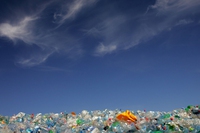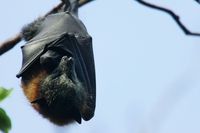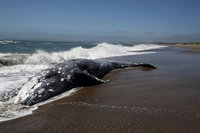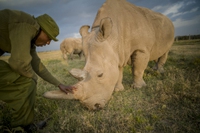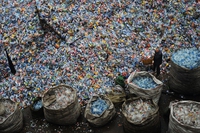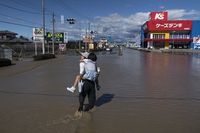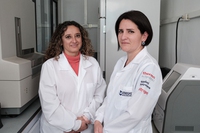
Research as a woman
A new travelling exhibition, which is being shown in various parts of the Andean country Ecuador, seeks to make the important work of Ecuadorian women scientists visible. Because women need science and science needs women.
A new travelling exhibition, which is being shown in various parts of the Andean country Ecuador, seeks to make the important work of Ecuadorian women scientists visible. Because women need science and science needs women.
We meet the women working to reverse trends of disengagement with studies, normalise motherhood in universities, and counteract gender disparities to improve access to academic careers for Colombian women and mothers.
Reducing emissions means protecting our health: if unmitigated, climate change will pose increasingly severe challenges to human well-being.
Plastic pollution is airborne too. Microplastics are being carried across continents by the wind, as a recent study reveals.
A study indicates that the zoonotic origins of coronavirus may have been favoured by global warming’s impact on the conditions for bat habitats.
The decline in grey and humpback whales in the Pacific and Atlantic Oceans has been traced to food shortages caused by rising ocean temperatures.
Only two northern white rhinos remain, and both are females, but scientists have created two new embryos to save the species, for a total of five.
Molecules that eat up plastic waste, including PET bottles, may soon become widely used as scientists leap ahead in developing new super enzymes.
Typhoons will become more intense as a result of global warming, but Japan must do more to prepare itself for the perfect storm.
Unite Behind the Science: this was the title of the conference held at the COP25 on 10 December. Greta Thunberg’s presence filled the arena, but this time it was scientists’ turn to speak.


